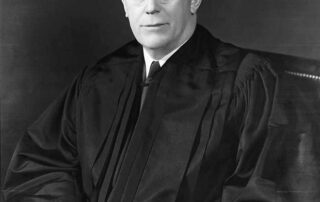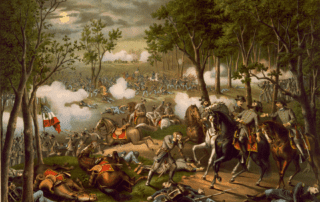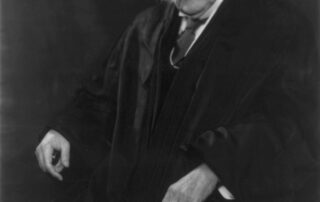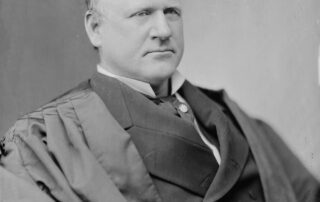Explore the invasion that launched the Korean War
Dr. John Foster explores the history and legacy of The Korean War, which technically never ended.
During his first talk, he discusses:
- what geopolitical maneuvering preceded the conflict
- what military action occurred from North Korea’s invasion to the Battle of Incheon
- why it was referred to as a “police action” instead of a war.
In addition to being a reference librarian, Foster has a doctorate degree in history. He has taught history at both high school and college levels. Previously, he has led series on the Battles of World War II, the Cold War, the American Revolution, The Vietnam Wars, and US Presidents of the 20th Century at the library.





